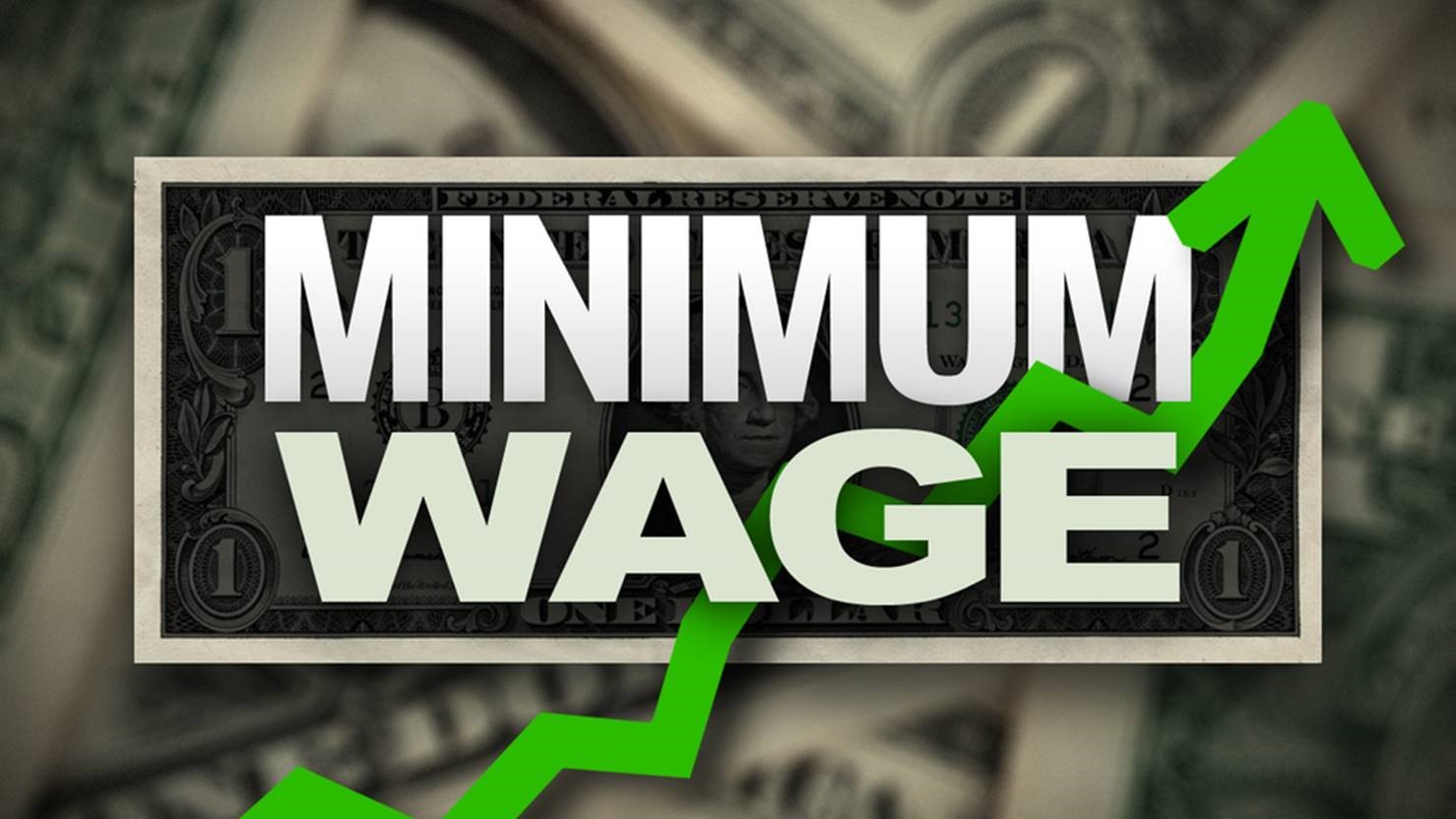In the midst of ongoing debates surrounding minimum wage laws, California recently made headlines by implementing a $20 minimum wage for fast food workers. This bold move has ignited discussions across the nation, with proponents advocating for fair wages and opponents voicing concerns about potential economic repercussions. As a firefighter with a decade of experience, I find myself torn between both sides of the argument, grappling with the complexities of this contentious issue.
The Case for a $20 Minimum Wage
Advocates of the $20 minimum wage argue that it is a necessary step towards addressing the growing crisis of income inequality and ensuring that working class individuals can afford basic necessities. Saru Jayaraman, president of One Fair Wage, highlights the stark reality facing many Californians, where the high cost of living far outpaces current wages. For me, as someone who has witnessed firsthand the sacrifices made by first responders, it’s disheartening to see essential workers struggling to make ends meet.
Proponents also point to the potential benefits of raising the minimum wage, such as stimulating the economy and reducing poverty. By putting more money into the pockets of workers, they argue, people will have greater purchasing power, leading to increased consumer spending and growth in industries. This, in turn, could create a more equitable society where everyone has the opportunity to thrive.
The Concerns and Criticisms
However, critics of the new minimum wage raise valid concerns about its potential impact on small businesses and consumers. Restaurant owners and industry insiders warn of layoffs and job losses, fearing that the increased labor costs will be unsustainable for their businesses. As someone who understands the challenges faced by small businesses, I empathize with their apprehensions about navigating these uncharted waters.
Furthermore, there are fears that the rise in wages could lead to inflation and higher prices for consumers. While proponents argue that past minimum wage increases have not resulted in significant job losses or inflation, skeptics remain cautious about the potential consequences of such a drastic hike. As someone who values economic stability and growth, I share these concerns about the unintended consequences of well intentioned policies.
Finding Common Ground: A Path Forward
Amidst the heated debate surrounding the minimum wage, one thing remains clear: our economy is facing significant challenges that require innovative solutions. While raising the minimum wage may address some inequities, it is not a panacea for all of our economic woes. I believe it’s crucial to explore alternative approaches that prioritize both workers and businesses.
Instead of viewing the $20 minimum wage as a divisive issue, we should strive to find common ground and work towards comprehensive solutions that benefit everyone. This means fostering dialogue between stakeholders, investing in workforce development programs, and supporting small businesses as they navigate changing economic landscapes. By coming together and collaborating on meaningful reforms, we can build a stronger, more resilient economy that works for everyone.
Closing Thoughts…
We cannot afford to remain complacent in the face of economic injustice and inequality. It’s time to ask ourselves: How can we create an economy that works for everyone? This question demands bold and innovative solutions, as well as a willingness to listen to diverse perspectives and find common ground.
In the end, the $20 minimum wage is not just about numbers on a paycheck…it’s about dignity, respect, and the fundamental belief that every worker deserves a fair wage for their labor.
When I began my career in the fire service, our wages were nowhere near $20 an hour, highlighting the disparity in compensation for different professions. While I hold no ill will towards those in the restaurant industry, there’s simply no comparison to the level of responsibility and risk faced by first responders. This discrepancy underscores the ongoing need for systemic changes to ensure fair compensation for all essential workers.

